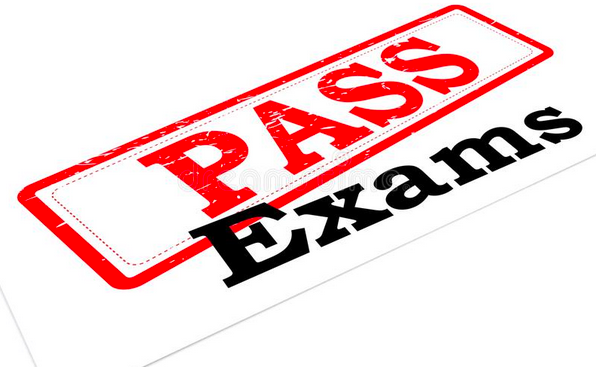Depending on what you’re trying to accomplish in a particular reading assignment and the kind of book involved, there are three different ways to read. Knowing when to use each will make any assignment easier:
1. Quick reference reading focuses on seeking specific information that addresses a particular question or concern the reader might have.
2. Critical reading is used to discern ideas and concepts that require a thorough analysis.
3. Aesthetic or pleasure reading is for sheer entertainment or to appreciate an author’s style and ability.
The Importance of Prereading
The best way to begin any reading assignment is to skim the pages to get an overall view of what information is included. Then read the text more carefully and highlight it and/or take notes in your notebook.
A brief digression: Most everyone I know confuses “skim” and “scan.” Let me set the record straight. Skim is to read quickly and superficially. Scan is to read carefully but for a specific item. So when you skim a reading selection, you are reading it in its entirety, though you’re only hitting the “highlights.” When you scan a selection, you are reading it in detail but only until you find what you’re looking for. Scanning is the fastest reading rate of all—although you are reading in detail, you are not seeking to comprehend or remember anything that you see until you find the bit of information you’re looking for.
You probably are assigned a lot of reading that can be accomplished by skimming for facts. By establishing the questions you want answered before you begin to read, you can quickly browse through the material, extracting only the information you need.
Let’s say you’re reading a science book with the goal of identifying the function of a cell’s nucleus. You can breeze through the section that gives the parts of the cell. You can skim the description of what cells do. You already know what you’re looking for—and there it is in the section that talks about what each cell part does. Now you can start to read.
By identifying the questions you wanted to answer (a.k.a. your purpose) in advance, you would be able to skim the chapter and answer your questions in a lot less time than it would have taken to painstakingly read every word.
Skimming, or prereading, is a valuable step even if you aren’t seeking specific facts. When skimming for a general overview, there’s a very simple procedure to follow:
-
If there is a title or heading, rephrase it as a question. This will be your purpose for reading.
-
Examine all the subheadings, illustrations, and graphics, as these will help you identify the significant matter within the text.
-
Read thoroughly the introductory paragraphs, the summary, and any questions at the chapter’s end.
4. Read the first sentence of every paragraph, which generally contains the main point of the paragraph.
5. Evaluate what you have gained from this process: Can you answer the questions at the end of the chapter? Could you intelligently participate in a class discussion of the material?
6. Write a brief summary that encapsulates what you have learned from your skimming.
7. Based on this evaluation, decide whether a more thorough reading is required.
As a general rule, if you are reading textbook material word for word, you probably are wasting quite a bit of your study time. Good read- ers are able to discern what they should read in this manner and what they can afford to skim. When trying to simply gather detail and facts, skimming a text is a simple and very important shortcut that can save you a lot of reading time. Even if a more in-depth reading is neces- sary, you will find that by having gone through this process, you will have developed the kind of skeletal framework that will make your further reading faster, easier, and more meaningful. And if all you need is “Just the facts, ma’am,” your ability to scan a selection, chapter, or book will save you minutes, if not hours, every week.
Whether you’re skimming or scanning, you will have equipped your- self with the ability to better digest whatever the author is trying to communicate.
If you are looking for CBSE Class 12 Accountancy Sample Papers, Notes, Important Questions, MCQs Questions model papers, periodic test papers, Important Questions, MCQ Questions, Sample Papers, Study Notes, Hot Questions, Worksheets, Class Assignments, Practice Exercises, Word Problems, Previous Year question papers, Solved papers, Unit tests and other related study material for exam preparation then you should visit ribblu for free PDF.




